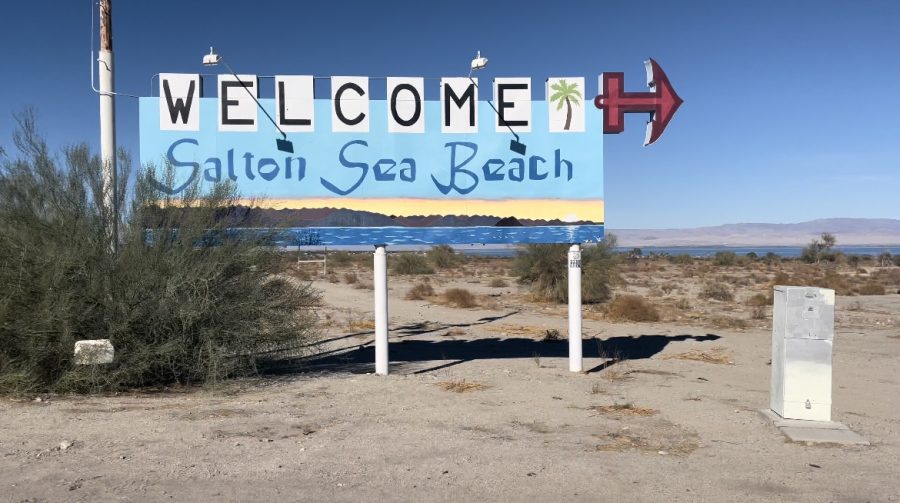Ever since Swedish teenage activist Greta Thunberg led a climate strike in Stockholm in August of 2018, sustainability has become a buzzword of a lifestyle we all must follow or else our planet will face certain doom.
Businesses such as Patagonia, Microsoft, Reformation and many more pride themselves on their sustainable business practices and efforts.
More specifically, the sustainability movement has made tremendous efforts to make more sustainable fashion and food choices, both of which have undeniably contributed to climate change. The global food system contributes 21-37% of total greenhouse emissions, and the fashion industry follows behind with a contribution of 10% of total carbon emissions.
Sustainable influencers can be seen on Instagram encouraging their followers to stop purchasing fast fashion items, become vegan or purchase other perceivably sustainable products.
The truth is sustainability is a privilege not many can afford, and shunning the average consumer for not making sustainable decisions is not the answer to our environmental crises.
The ability to consciously make decisions about what is sustainable and what is not is something that not everyone has the time or money to make. For those whose basic needs are already being met, taking extra steps to ensure the food one is consuming or purchasing is sustainable isn’t a matter of survival, making sustainability practices a luxury.
But, for those who worry about what they’re going to put on the table tonight, or those who worry about having the proper attire for employment, or those who don’t have the autonomy to make decisions, sustainability is often out of reach.
How can you expect someone to worry about the greenhouse gas emissions that have been produced by the food that they’re eating when they aren’t even sure where their next meal is coming from? How can you expect someone not to buy $20 work pants from Target or Walmart when the sustainable substitute is two or three times their entire paycheck?
The answer is that you can’t, and you shouldn’t.
Instead of being angry at your neighbor for the issue of climate change, the real people you should be seeking change from are the large scale corporations and businesses which are the biggest contributors to climate change and other environmental problems.
Or you could focus your energy on environmental justice, or the idea that environmental issues and social justice issues go hand-in-hand.
Research has shown that there is a direct link between the environment and social justice issues, highlighting that minority and low-income communities being statistically more likely to live in neighborhoods exposed to landfills, toxic waste, air pollution and other environmental hazards.
The San Diego neighborhood of Barrio Logan, which has a huge Latinx population, has been constantly exposed to air pollution and toxic waste from the nearby military facilities since the 1940s. In the Anza-Borrego Desert Community, which was once a bustling resort spot in the 1950s frequented by celebrities, the Salton Sea is drying up. As the Salton Sea is drying up, it is causing toxic dust to particulate in the air, which has led to residents having some of the highest levels of respiratory problems in the entire state of California.
Environmental justice recognizes that environmental issues cannot be solved by ignoring the systematic issues of poverty, racism and classism.
While buying that $200 sustainable dress from Reformation or becoming a vegan might be the best sustainable actions for you, it is a luxury that many cannot afford. There is more that can be done right in your community to make a sustainable difference for everyone to enjoy.
Eugènie Budnik is a sophomore studying journalism and advertising.












